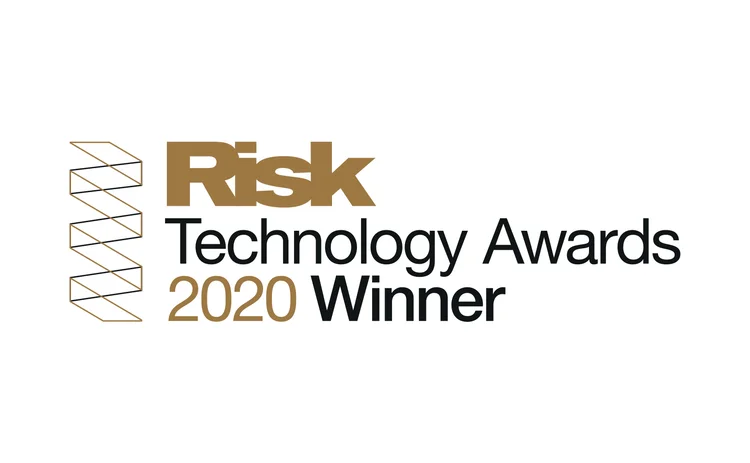
Model validation service of the year – Yields.io


New regulatory frameworks, a scarcity of skills and new model types – such as those based on artificial intelligence (AI) – make managing the cost of model risk more challenging than ever. As a result, many financial institutions are looking for ways to industrialise the process. To meet this demand, Yields.io has created a model risk management (MRM) platform called Chiron that covers the full lifecycle of model validation.
Chiron is a modular generic solution that covers all risk model types. It makes use of AI to enable continuous model testing and validation on an enterprise-wide scale. The platform helps increase the efficiency and consistency of validation through the use of templated scripts, and keeps track of the linkage between data, analytics and reports, improving the reproducibility of the validation process. Modern big data technology is leveraged to scale computations for large datasets, and workflow engines effectively execute business processes.
Because a large part of MRM involves analysis of data quality and industrialisation of processes, Chiron centralises all data and provides sophisticated methods for data cleaning and quality management. It can generate model validation documents compliant with the most strict regulatory frameworks, such as Bank of England Policy Statement 7/18 and the US Federal Reserve’s Supervision and Regulation Letter (SR) 11-7.
MRM often requires the interaction between many different people from various teams through complex business processes. Examples include requests for independent model review, determination of whether an algorithm is a model or a tool, and requests for model dispensation. Such processes can be modelled through a standard language called Business Process Model and Notation (BPMN). Chiron can interact with BPMN engines for improved efficiency and transparency of their MRM-related business processes.
The object model of a model inventory needs to be able to change quickly, driven by shifts in business and algorithm requirements. In addition, the inventory has to be able to represent relationships between business processes in a natural manner. For these reasons, the model landscape should be represented as an object-dependency graph. Chiron can integrate with graph databases, which allows users to organise MRM results in a more natural fashion.
Yields.io claims that its platform enables clients to reduce the cost of model validation by a factor of 10. In addition, monitoring functionality can detect model failure earlier, leading to improved models and lower capital requirements. And, critically, Chiron enables institutions to own the validation process rather than outsourcing it.
The judges said:
- Firms struggle with demonstrating the robustness and effectiveness of their model validation. Yields.io’s tool would go some way to enable firms to demonstrate the validity of the model validation process.
- Yields.io offers a generic full lifecycle model risk management platform that is lighter and less expensive than previous generations of this type of technology.
Jos Gheerardyn, chief executive officer, Yields.io, says:
“With Chiron, we increase operational efficiency through collaboration between all lines of defence. This allows model risk managers to focus on their tasks while we take care of repetitive analyses such as detecting anomalies, benchmarking and backtesting models and generating reports. This leads to tremendous reductions in cost and avoids capital add-ons. Especially with the introduction of AI and machine learning applications, model validators need more powerful and flexible tools to deal with large datasets and the fast evolving model landscape. We provide them with the necessary infrastructure while safeguarding the flexibility to deal with the fact that every model risk framework is different.”
Read more about the Risk Technology Awards 2020 winners
Sponsored content
Copyright Infopro Digital Limited. All rights reserved.
As outlined in our terms and conditions, https://www.infopro-digital.com/terms-and-conditions/subscriptions/ (point 2.4), printing is limited to a single copy.
If you would like to purchase additional rights please email info@risk.net
Copyright Infopro Digital Limited. All rights reserved.
You may share this content using our article tools. As outlined in our terms and conditions, https://www.infopro-digital.com/terms-and-conditions/subscriptions/ (clause 2.4), an Authorised User may only make one copy of the materials for their own personal use. You must also comply with the restrictions in clause 2.5.
If you would like to purchase additional rights please email info@risk.net